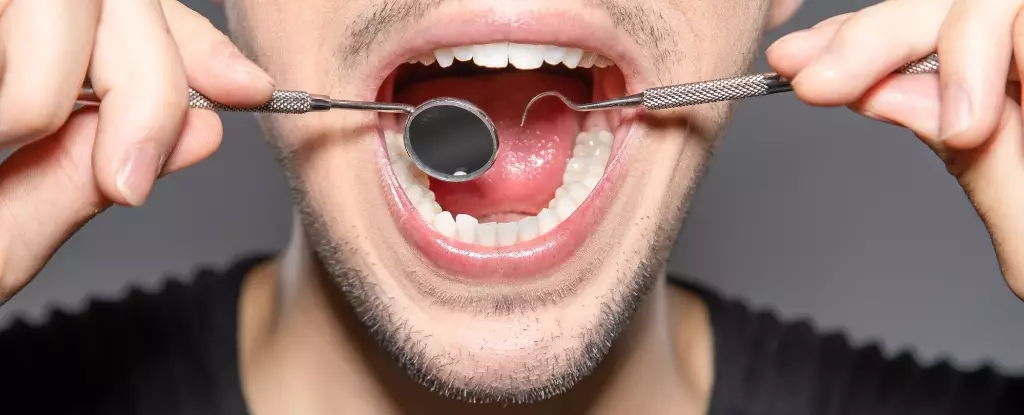Regular dental checkups and oral hygiene visits play a crucial role in identifying the early stage of mouth cancer. However, a pressing concern in the UK is the shortage of dentists, which has led to a rise in cases of mouth cancers that are detected too late. According to the charity Oral Health Foundation, 90% of NHS dentists surveyed by the BBC last year were not accepting new adult patients for NHS treatment. This shortage of dental professionals has severe consequences on the early detection and timely treatment of mouth cancer, resulting in considerable loss of lives.
Mouth cancer is a significant issue in the UK, with approximately 9,000 people being diagnosed with it every year. Unfortunately, over 3,000 lives are lost to this disease annually. However, it is critical to emphasize that mouth cancer has an excellent cure rate of over 90% if it is caught early. The key is to ensure that individuals can access dental care and receive prompt diagnoses. Unfortunately, around half of all new mouth cancer cases in the UK are detected at later stages, significantly reducing the chances of successful treatment.
In light of the challenges in accessing dental care, it becomes vital to take personal responsibility for detecting the early signs of mouth cancer. Some of the main symptoms include ulcers in the mouth that do not heal within three weeks, persistent lumps or swelling in the mouth, jaw, or neck, and the appearance of new red or white patches in the mouth. Numbness in the tongue or other areas of the mouth, unexplained loose teeth, and chronic sore throat or hoarseness are also potential indicators. If any of these symptoms are noticed, it is essential to seek immediate medical attention from a general practitioner (GP) or dentist (if available).
Within the UK healthcare system, dentists and doctors can refer patients to hospital specialists for urgent suspected cancer assessments. These referrals aim to ensure that individuals get the necessary attention and diagnosis within a short timeframe. Patients referred through this process should be seen within 14 days to either exclude or confirm a cancer diagnosis. Timely referrals are crucial for initiating appropriate treatment plans and improving the chances of successful outcomes.
In recent years, there have been significant advancements in the range and scope of treatments for mouth cancer. New techniques, such as robotic surgery and immunotherapy, offer promising options for patients. Moreover, the improved understanding of the disease has allowed doctors to personalize treatment approaches, enhancing the overall patient experience. Participation in clinical trials has further advanced our knowledge and provided high-quality evidence to support treatment selection. Despite the challenges associated with mouth cancer, a significant proportion of patients complete their treatment successfully and recover well.
While treatment outcomes can be positive, it is essential to acknowledge that advanced cancer stages and complex treatments may have long-lasting effects on facial appearance, speech, swallowing, and shoulder movement. These impairments may significantly impact a person’s ability to socialize and communicate effectively, as speech and the ability to eat or drink might be severely compromised. Individuals whose work or recreational interests rely on good shoulder or arm movement may need to make employment and lifestyle adjustments following treatment.
Certain lifestyle factors contribute to an increased risk of developing mouth cancer. These include smoking and other forms of tobacco use, excessive alcohol consumption, poor diet, and chewing betel quid. Additionally, mouth cancer can be associated with the human papillomavirus (HPV), which can be transmitted through oral sex. Individuals who take immunosuppressive medications, such as organ transplant recipients, may also be at a higher risk of developing mouth cancer. However, it is pertinent to remember that almost half of all cases of mouth cancer can be prevented.
The shortage of dentists in the UK is undeniably a critical issue that needs immediate attention. The current lack of availability for NHS treatment prevents many individuals from accessing vital oral healthcare services. Addressing this shortage is vital not only for the early detection of mouth cancer but also for promoting overall oral health and well-being. Both the government and dental organizations must work collaboratively to increase the number of dentists and improve access to dental care across the country. Only then can we effectively combat the growing crisis of late detection and treatment of mouth cancer in the UK.


Leave a Reply